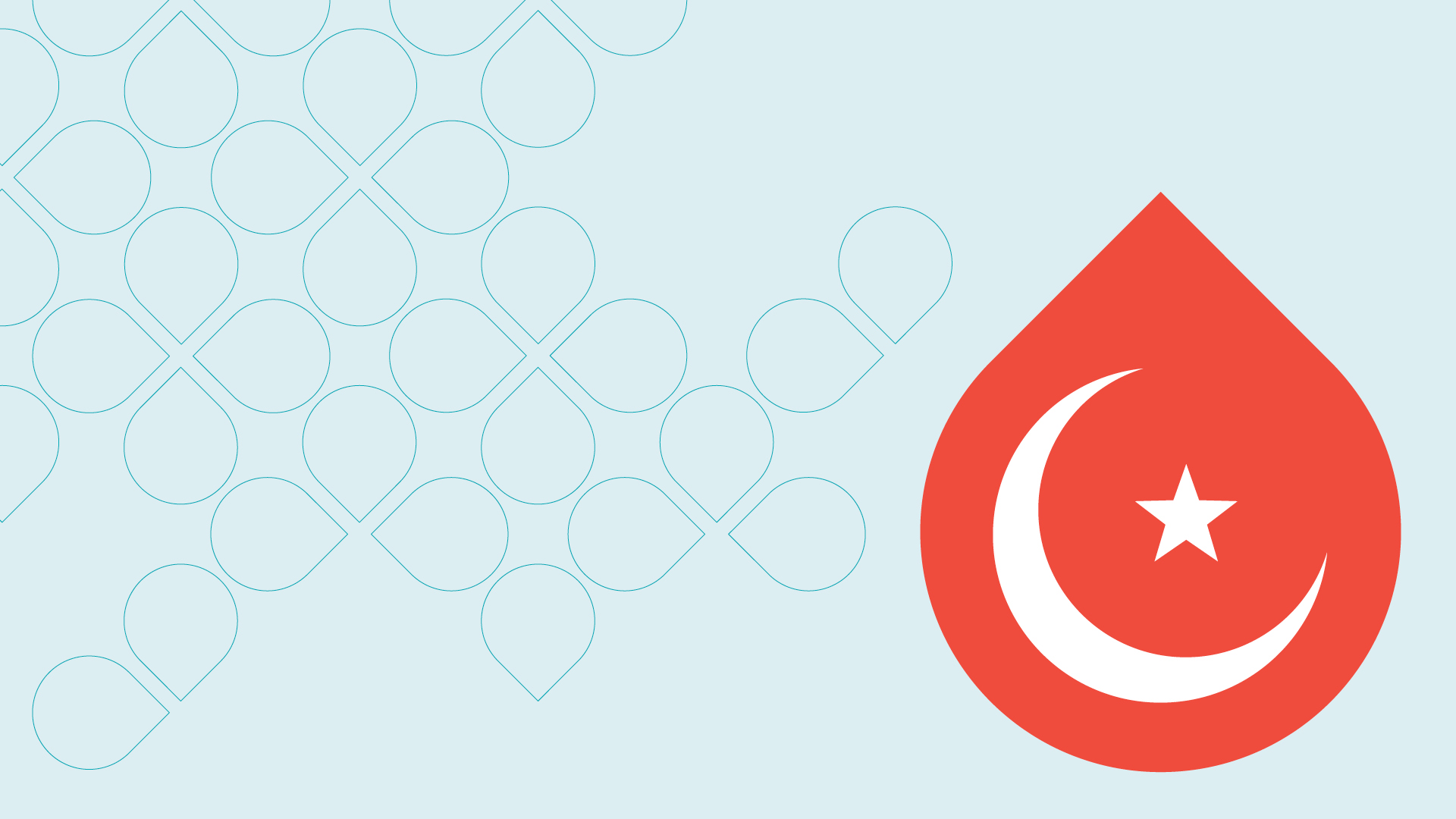
By Leyla Dervish
April 2th, 2022 is when the holy month of Ramadan begins. It’s the time of the year when Muslims get to fast from 11 to 20 hours, depending on where they are located. The further you are from the equator, the more hours you will fast.
The fast begins at Fajr, which means “first light,” when the sun rises, and ends with a meal called “iftar” at Maghrib, when the sun finally sets. Between sunrise and sunset, Muslims are not allowed to drink water, eat food, smoke, curse, wear revealing clothing, or be sexually active.
This is considered a spiritual time for cleansing the soul from sins and bad habits. It is a time for prayer, reflection, self-improvement, and dedicated devotion to starting new habits. This includes praying five times a day, reading the Holy Quran, giving charity, and donating or offering food to people in need. Muslims devote themselves to their religion, and get closer to Allah, or God in the Arabic language.
Yes! A person who is fasting can donate blood during their fast or after breaking their fast. Donating blood is considered saving a life, a good deed to do during the Holy Month of Ramadan.
However, it is advised to donate after breaking the fast because an individual may lose consciousness or be required to drink water and eat after a donation. If a situation is urgent, the person can break their fast and donate to the person in need of the blood.
Bloodworks encourages all cultures and religions to donate blood to people in need. They also offer rewarding snacks after each donation, some of which are Halal.
“Halal” in Arabic means “lawful” or “permitted food.” Halal food does not contain any alcohol, pork, or pork gelatin. Meat should be sacrificed according to Islamic Law in order for the meat to be considered halal. Islamic Law means, before the animal is sacrificed, the butcher should be Muslim, with Wudu (a particular way of cleansing the body) and has to say the phrase “Bismillah Allahu Akbar,” which means “in the name of Allah, Allah is the greatest.”
This website goes in-depth over what brands are halal and which selections they offer are acceptable to be consumed under Muslim beliefs.
Leyla Dervish is a graduate (Class of 2021) of the University of Washington with a major in Health Studies and volunteered with Bloodworks as part of her coursework. She plans to pursue a doctorate of physical therapy.
Tell Us What You Think!